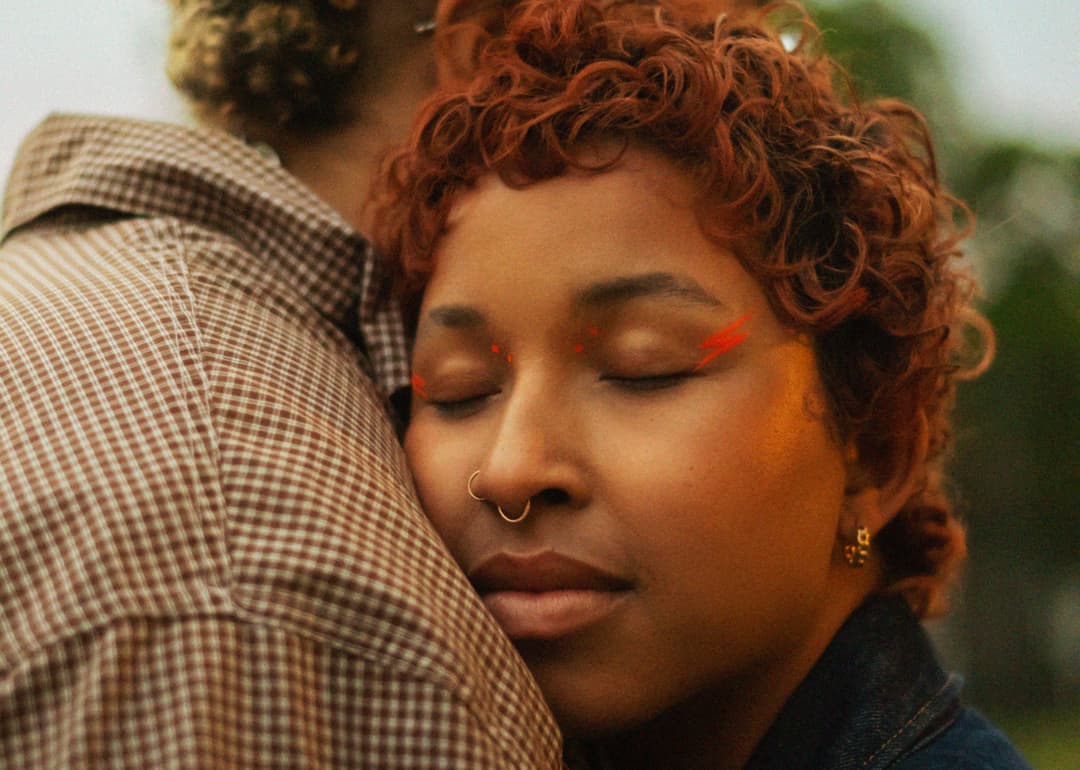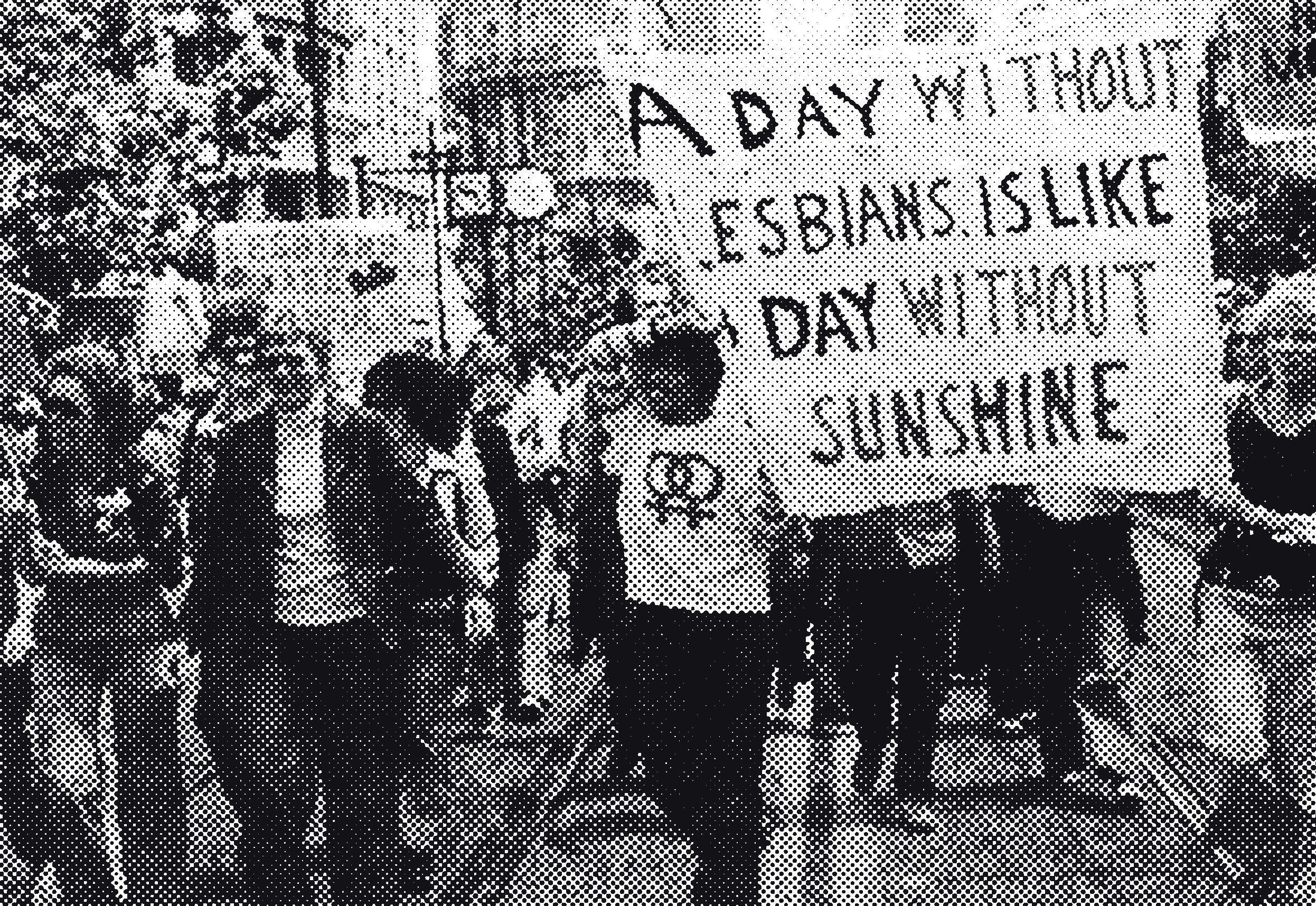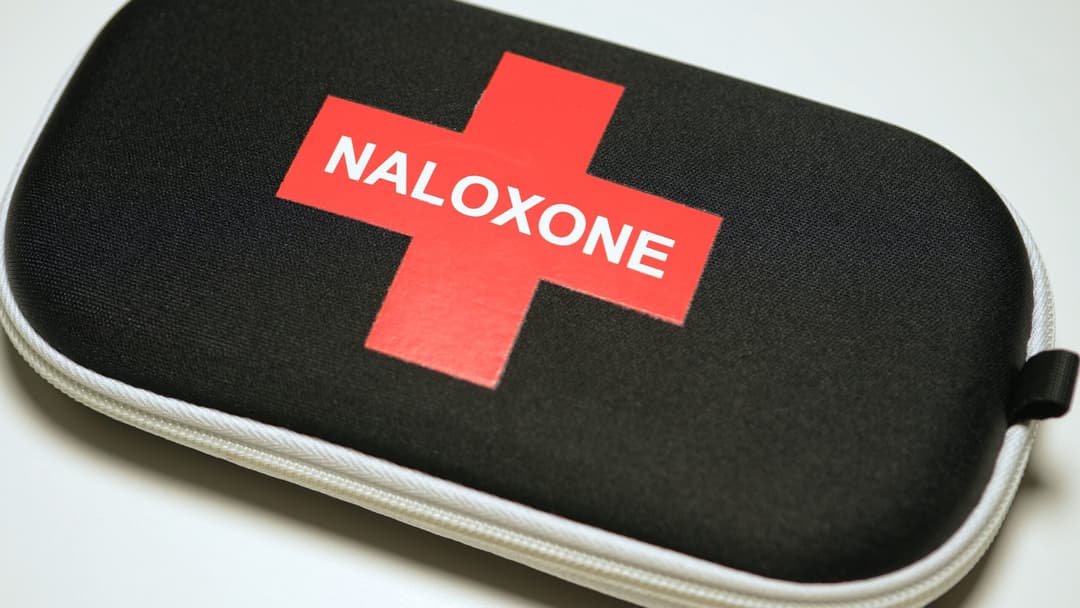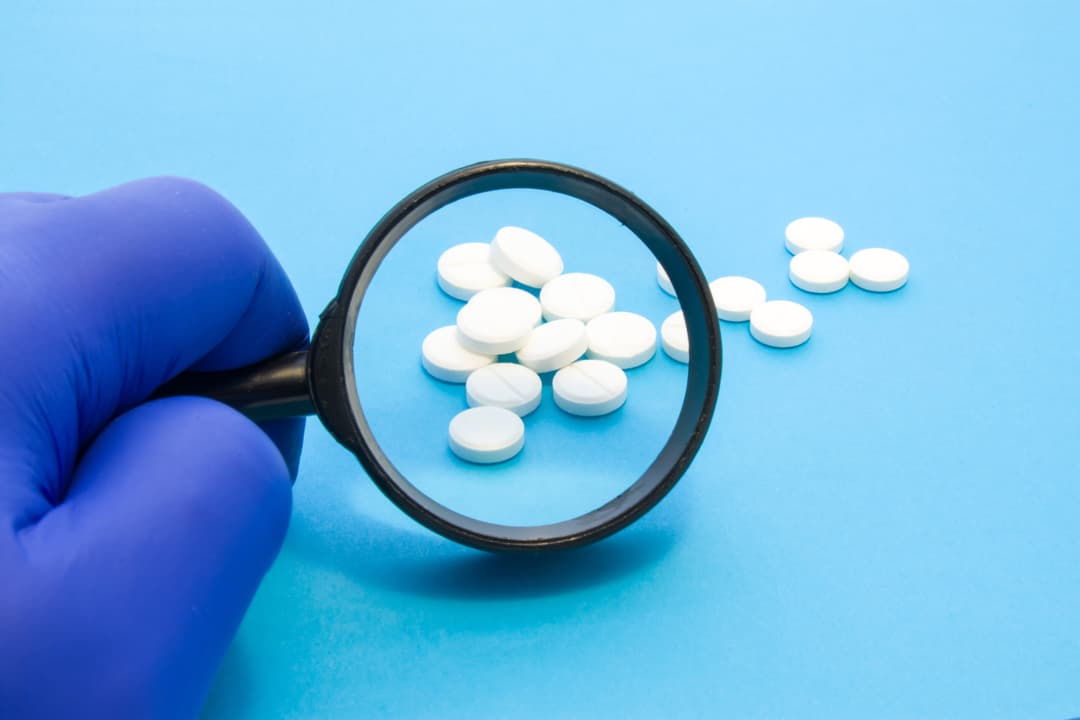Alcohol – the good, the bad and the ugly

Alcohol slows the brain and body — it’s a depressant that affects coordination, judgment, and reaction time.
Safer limits matter — stick to no more than 10 standard drinks a week and 4 in a day to reduce harm.
Know the risks — heavy or long-term drinking can damage the liver, brain, and heart, and mixing with other drugs is dangerous.
Alcohol is one of the most common drugs in our community. It shows up at parties, dinners, dates and just about everything in between – and while it can feel like part of the fun, it also comes with risks. Here’s what to know about how alcohol works, its effects, and how to look after yourself and your friends.
What is alcohol?
Though it might not always seem like it at the time, alcohol is a depressant. It slows down the messages between the brain and body, which means our coordination, reactions, and judgment aren’t as sharp.
How do we take it?
Pretty obvious – by drinking it!
Effects of alcohol
Alcohol is exceptionally good at getting us drunk – no matter what your tipple of choice is. However, different types of booze have different potency levels so check those labels to find out how many standard drinks you are actually having and not how many you think (or you’re telling yourself) you are having!
Short-term effects may include:
- Feeling relaxed, sociable or euphoric
- Slurred speech and clumsy movements
- Slower reflexes and poor coordination
- Nausea, vomiting, or hangovers
Long-term use can lead to:
- Depression and poor memory
- Brain damage
- Fertility issues and sexual difficulties
- Liver disease and certain cancers
- High blood pressure and heart disease
How much is safer to drink?
The Australian Guidelines to Reduce Health Risks from Drinking Alcohol recommend no more than 10 standard drinks per week and no more than 4 standard drinks on any single day. For people under 18, and those who are pregnant or breastfeeding, the safest option is not to drink at all.
Keeping within these limits reduces (but doesn’t remove) the risk of alcohol-related harm.
Sobering up
Sorry to be the bearer of bad news, but time is the only thing that reduces blood alcohol. The liver processes about one standard drink per hour. Coffee, food, or fresh air might make you feel better, but they won’t sober you up.
Alcohol overdose
Yes, you can overdose on alcohol and it is not pleasant, at all! Signs of alcohol poisoning include:
- Confusion or clumsiness
- Blurred vision
- Nausea and vomiting
- Memory loss
- Passing out or coma
We know this is a downer, but it’s worth remembering that drinking too much can also lead to injury and death – so if you’re partaking in a big night, remind yourself to take it easy.
Mixing with other drugs
Alcohol combined with other drugs (including prescription or over-the-counter medicines) can be unpredictable and dangerous. Do not mix alcohol with:
- Ketamine
- GHB/GBL
- Opioids
- Benzos
More info: TripSit’s drug combinations guide.
Alcohol and hormones
Research on alcohol and HRT is limited. So far, there’s no evidence it reduces effectiveness, but both alcohol and testosterone can impact liver health. Regular blood tests and check-ins with your doctor are a good idea.
Alcohol and feminising hormone or anti-androgen use can both place extra strain on the liver. That means the liver may take longer to break down alcohol, which can extend how long its effects last in the body. You might notice this through things like feeling drowsy, sleepy, fatigued or finding it harder to concentrate.
Right now, we don’t fully understand how alcohol, progesterone and breast cancers interact. That’s why it’s a good idea to keep up regular chats with your healthcare professional and to check in with your body – paying attention to changes in your chest and breast tissue over time.
Support and resources
If you’re thinking about your alcohol use or want support for yourself or someone you care about, these services can help:
Thorne Harbour Health – Drink Limits is a free eight-week women’s support group looking at alcohol and anxiety for lesbian, bisexual and queer women (cis and trans) and anyone female-identifying. thorneharbour.org/services/womens-health/drink-limits
Alcohol and Drug Foundation (ADF) — facts, resources and the DrugInfo helpline: adf.org.au | 1300 85 85 84
Turning Point — 24/7 alcohol and drug counselling: 1800 888 236
DirectLine (Victoria) — 1800 888 236
QLife — LGBTIQ+ peer support and referral, 3pm–midnight every day: 1800 184 527 or qlife.org.au
In an emergency, always call 000.
Where to
find support
Looking for someone to talk to?
Access safe (and pre-screened) health from our resource list.




